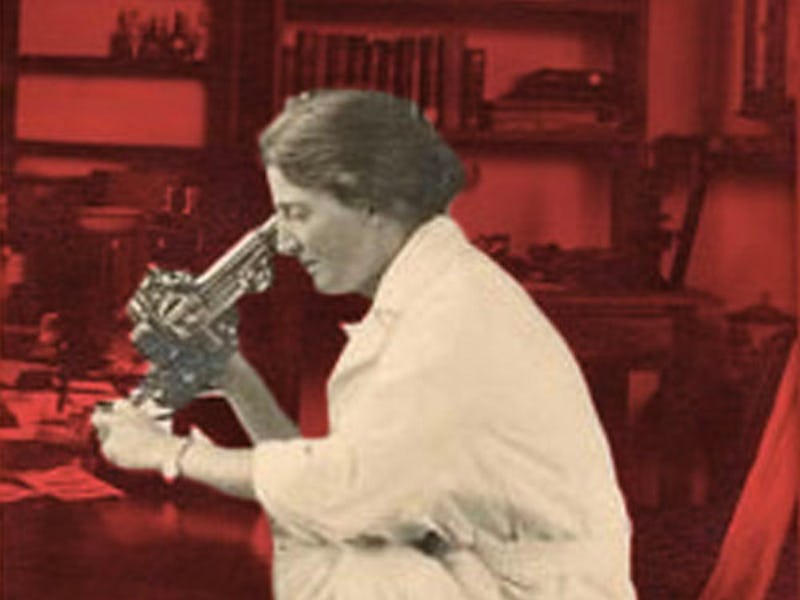Lucy Wills Showed a Surprising Connection Between Babies and Marmite
The British hematologist discovered an important use for a polarizing food.

The celebrated British hematologist Lucy Wills arrived in India in 1928 with a grim mission. Wills, whose 131st birthday is commemorated Friday with a Google Doodle, had been brought to Mumbai by the Indian Medical Service to investigate why so many pregnant women were dying in the nation’s many textile factories. Through her efforts, she found the cause of their mysterious deaths, leading to a cure and a new vitamin — as well as a new use for the polarizing yeast spread Marmite.
Graduating from Newnham College, Cambridge with a double first honors degree in botany and geology in 1911, Wills went on to become a qualified medical practitioner at London’s Royal Free Hospital. Her continued research on the health of pregnant women caught the attention of staff with India’s Maternal Mortality Inquiry, which was investigating the pervasive anemia that seemed to afflict pregnant women.
Marmite, made from leftover brewer's yeast, is packed with folic acid, also known as "Wills' factor."
Anemia is a condition where the body doesn’t have enough red blood cells, which contain the hemoglobin necessary to shuttle oxygen around the body via the blood. It has many causes, but the end result is the same: Lacking oxygen, the body’s systems struggle to function, making pregnancy especially precarious.
Wills was met with a deeply divided population. The women of the middle and professional classes were healthy, but some in the poorer classes were anemic and suffered painful and sometimes deadly symptoms during pregnancy, like swelling, fatigue, low blood pressure, fevers, diarrhea, and sore mouths, and tongues. Exhaustive searches for pathogens or viruses in the feces of anemic women turned up negative.
Investigating and writing about the living conditions of these anemic women, Wills found they had an extreme lack of diversity in their diets, some having a “peculiar preference for white foods” (that is, no fruits and vegetables) and eating “11 or less foods per day,” as Cornell University’s Dr. Daphne Roe, Wills’ former student, wrote in a biographical sketch. The Hindu middle class women who were least affected by anemia had a varied diet in comparison. It became clear that some sort of nutritional deficiency was at play. But what?
Previous researchers in India had tried giving the women iron supplements, which can help in a form of anemia called iron deficiency anemia. That didn’t work, suggesting it had some other cause. Vitamins A and C, likewise, didn’t help.
Through exhaustive experiments on anemic rats and rhesus monkeys fed the same diets of the poor women, Wills narrowed down the cause to a lack of vitamin B. She found two supplements that helped: liver extracts and the yeast spread known as Marmite, both of which are packed with B vitamins. When she gave these supplements to the sick women, their health improved rapidly.
Back in the UK, Wills worked with biochemists to pinpoint what it is, exactly, in vitamin B that helped. B vitamins, which are actually a complex of many compounds (that’s why supplements today are sold as B1, B2, B12, and so on), include one critical substance: Wills’ factor — the substance we now know as folic acid.
Today, folic acid is a standard supplement for pregnant women, not only because it prevents anemia but also the conditions anencephaly and spina bifida.
After Wills’ death in 1964, Roe found her former teacher’s daybook, in which she took notes on all her case histories and experiments. The last patient Wills describes is a 41-year-old woman named Grace S. who showed up at the hospital suffering from an E. coli infection and the same severe anemia that affected the women she’d met in India. After an oral dose of purified Wills’ factor, Grace’s health improved within two short days.